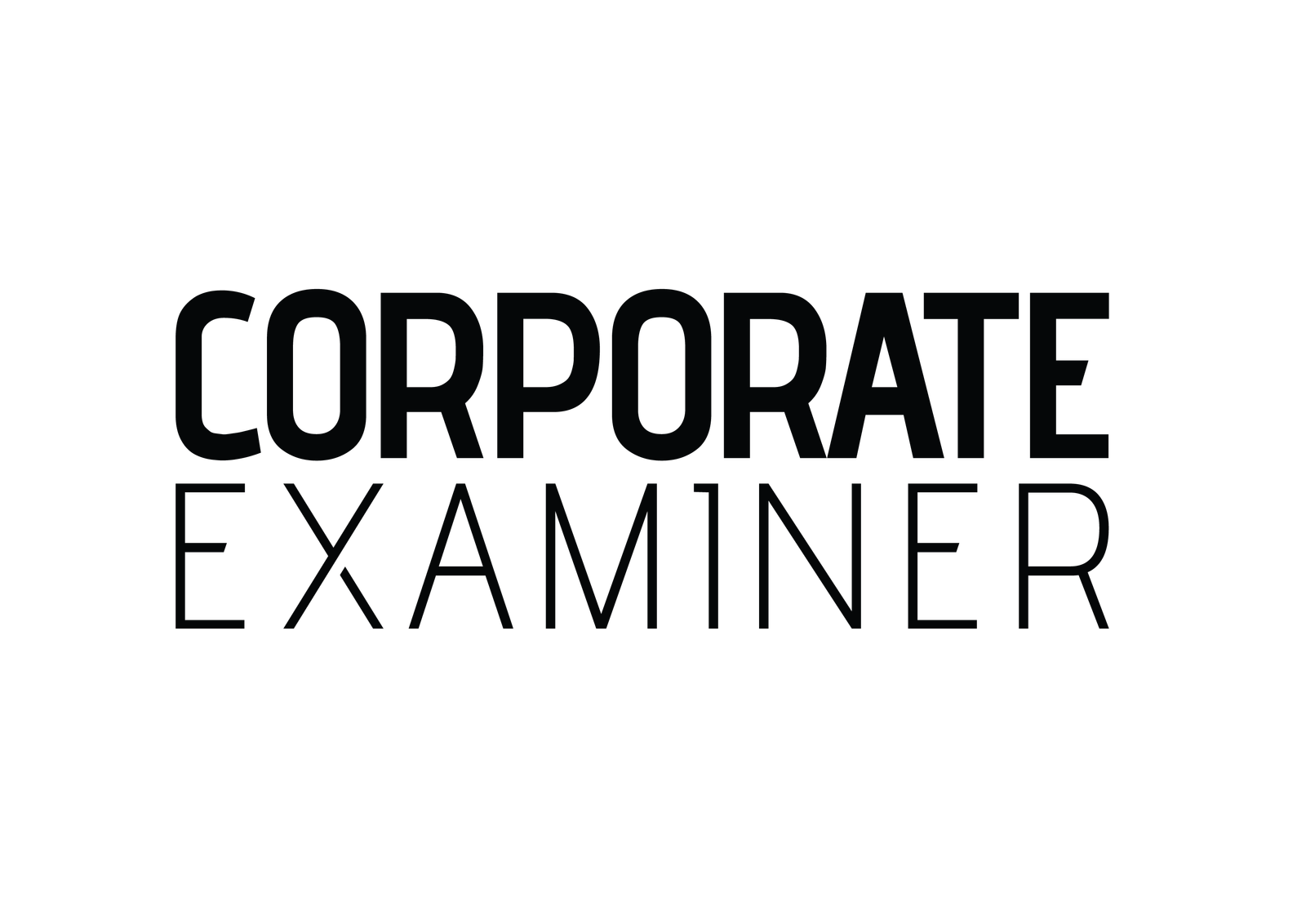Ryan Reynolds is not just the charming, quick-witted actor Hollywood adores—he’s also one of the smartest businessmen in the entertainment industry. With a portfolio that spans blockbuster films, marketing mastery, and multimillion-dollar brand exits, Reynolds has redefined what it means to be a modern celebrity.
In an industry where fame can be fleeting, Reynolds has built something far more durable: a diversified empire rooted in clever brand partnerships, ownership stakes, and a digital presence that turns followers into consumers. Today, his estimated net worth surpasses $350 million, and he’s only getting started.
The Early Days: Canada, Comedy and Career Clarity
Born in Vancouver, British Columbia, in 1976, Ryan Reynolds started acting in his teens. His breakout came in the early 2000s with sitcoms and romantic comedies like Van Wilder, Definitely, Maybe and The Proposal. Though often typecast as the lovable goof, Reynolds quietly learned the mechanics of show business.
“I spent years just learning what not to do,” Reynolds told The New York Times. “There’s something about failure that sharpens you.”
Despite his easygoing image, Reynolds treated his career with precision. He diversified his roles, landing action-heavy gigs like Safe House and Blade: Trinity, and slowly transitioned into more complex characters. But it was Deadpool that changed everything.

The Deadpool Effect: When Art and Strategy Collide
Reynolds’ portrayal of the sarcastic, foul-mouthed antihero Deadpool not only broke box office records but gave him creative control few actors enjoy. He spent over a decade lobbying for the film, and once greenlit, he was deeply involved in the marketing, tone, and development.
The first Deadpool film (2016) grossed over $782 million worldwide on a $58 million budget. Its sequel in 2018 brought in another $785 million. With his fingerprints on every frame, Reynolds became not just the star but the strategic force behind the franchise.
He has said multiple times that Deadpool was not just a passion project—it was a business case. “It taught me the power of being involved from the ground up,” he told Forbes in 2020.
Beyond Hollywood: Building a Brand Empire
Reynolds didn’t stop with movies. In 2018, he bought a stake in Aviation American Gin and became the brand’s most visible spokesperson. His signature blend of humor and savvy marketing—like a commercial spoofing the Peloton ad scandal—turned Aviation into a viral hit. In 2020, Diageo bought the brand for up to $610 million. Reynolds reportedly earned over $100 million from the deal.
Not long after, he acquired a minority ownership in Mint Mobile, a low-cost wireless carrier. Again, he became the face of the brand, producing quirky, self-aware ads that spread like wildfire online. In March 2023, Mint Mobile was acquired by T-Mobile in a deal valued at $1.35 billion, with Reynolds walking away with another massive payday—estimated at $300 million.
He also co-owns the Welsh football club Wrexham A.F.C. with actor Rob McElhenney. The underdog story became a hit docuseries (Welcome to Wrexham) and a global feel-good brand, once again leveraging Reynolds’ rare ability to combine story, heart, and profit.
The Formula: Control the Narrative, Own the Brand
What sets Reynolds apart is not just what he invests in, but how he integrates himself into every layer of storytelling. He co-founded Maximum Effort, a production and marketing company that manages much of his branded content and ad campaigns—not just for his own ventures, but for partners like Match.com, Netflix, and Peloton.
“Authenticity wins,” Reynolds told Fast Company. “You don’t need to shove products down people’s throats. Tell a good story, and people will find you.”
He has built a reputation as a marketing genius, often blurring the lines between character, celebrity, and company voice. His 52 million Instagram followers and 22 million on Twitter/X are not just fans—they are part of a business ecosystem.
Ryan Reynolds’s legacy in the Business
Ryan Reynolds has become a case study in 21st-century celebrity entrepreneurship. He doesn’t simply endorse; he builds. He doesn’t follow trends; he creates them. His combination of creativity, strategic ownership, and authentic voice has transformed him from an actor into a multi-industry powerhouse.
And if history is any indication, the next chapter in Reynolds’ empire is already being written—somewhere between a punchline and a business plan.




